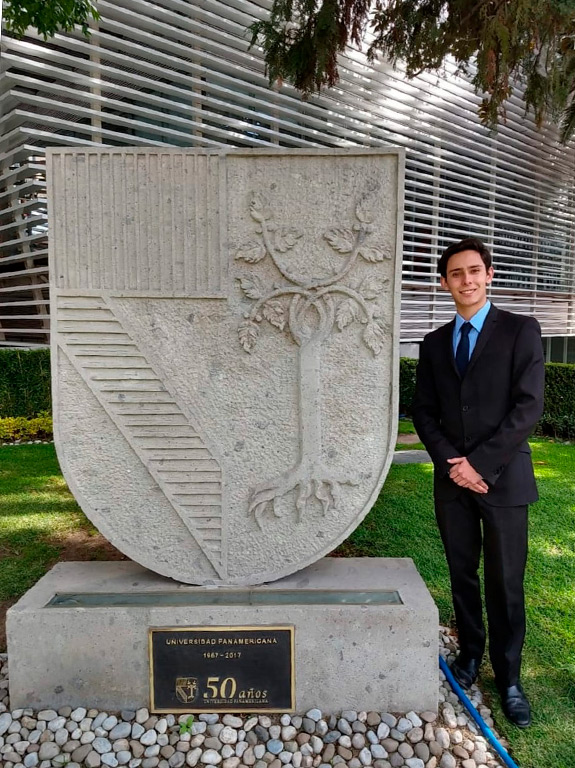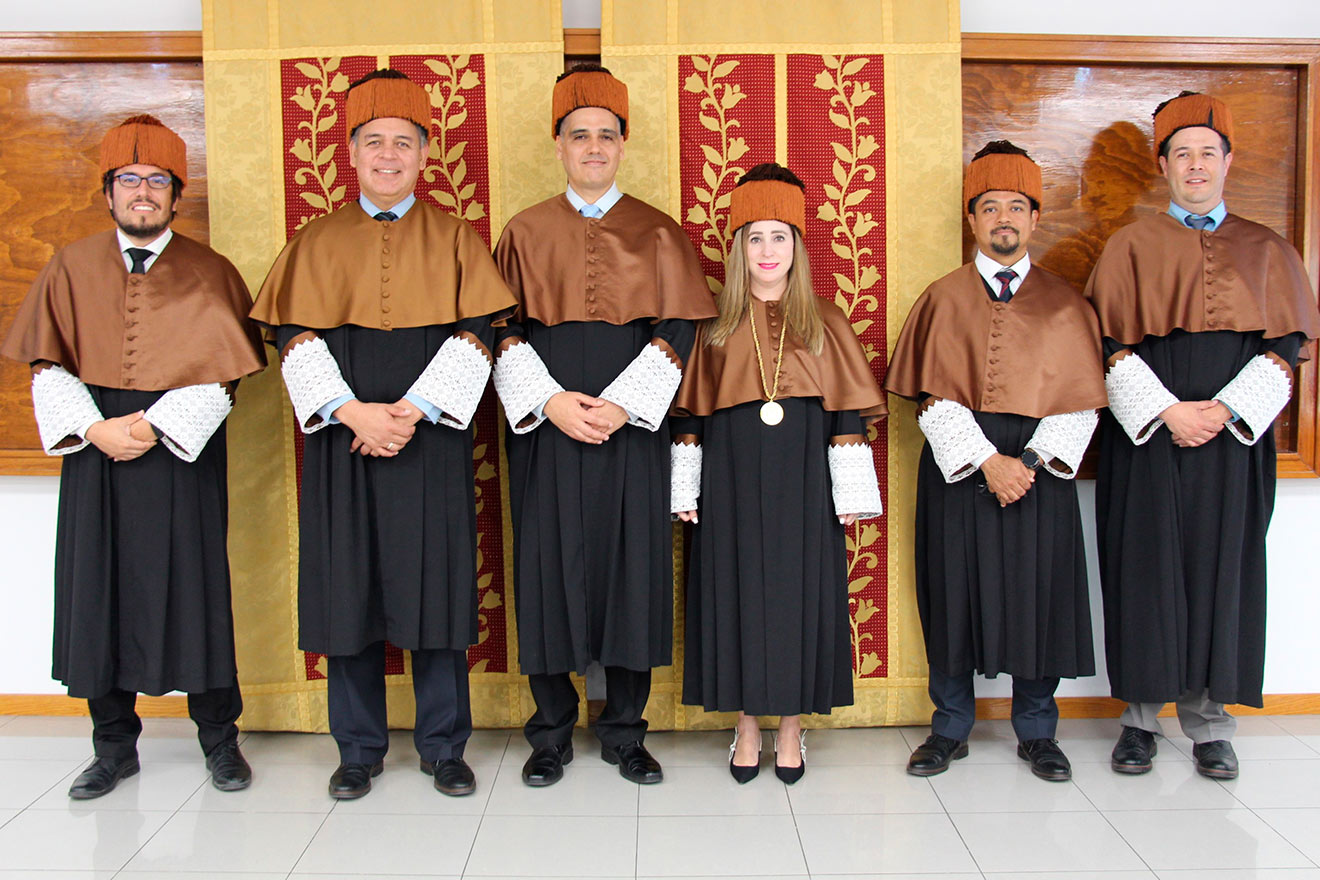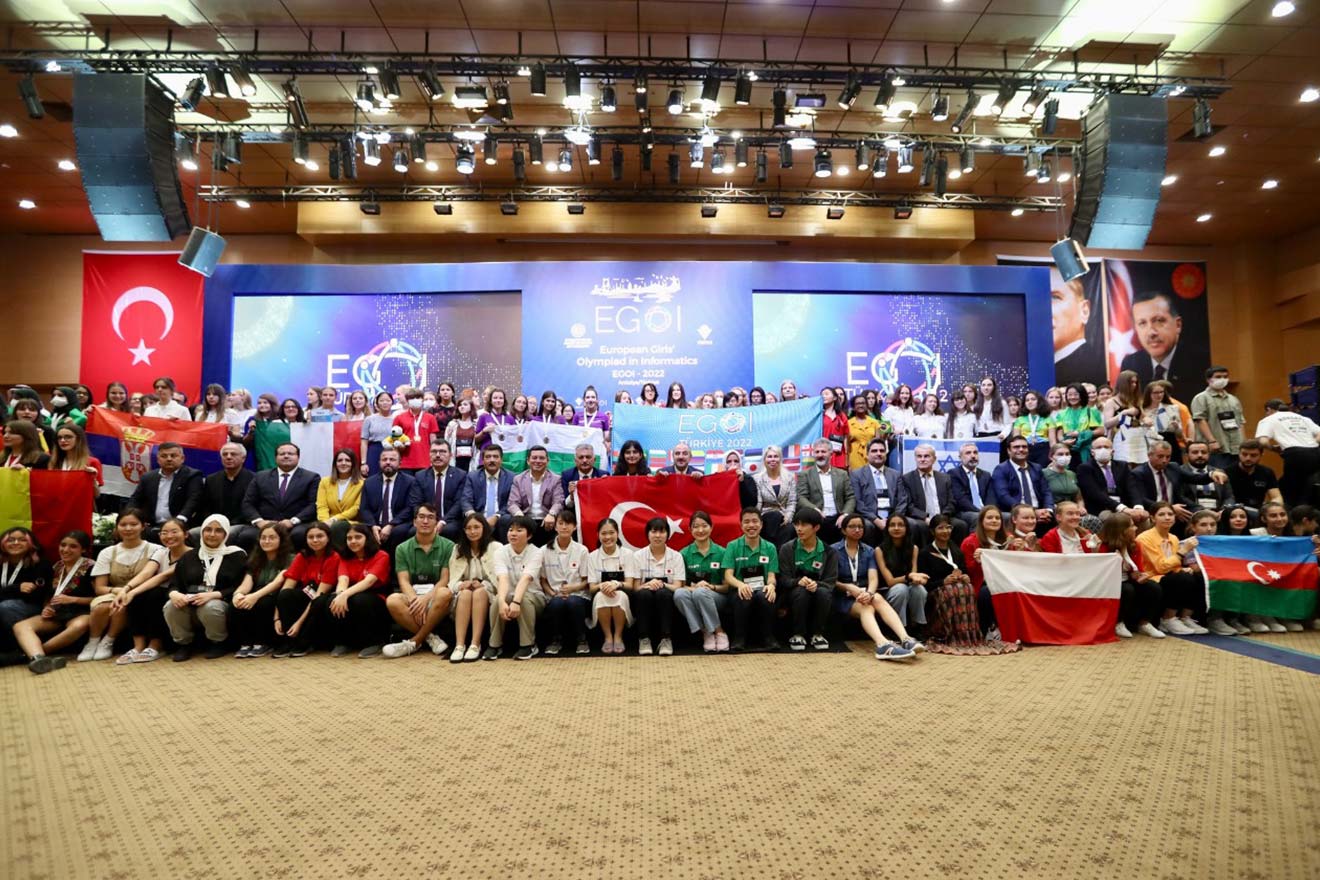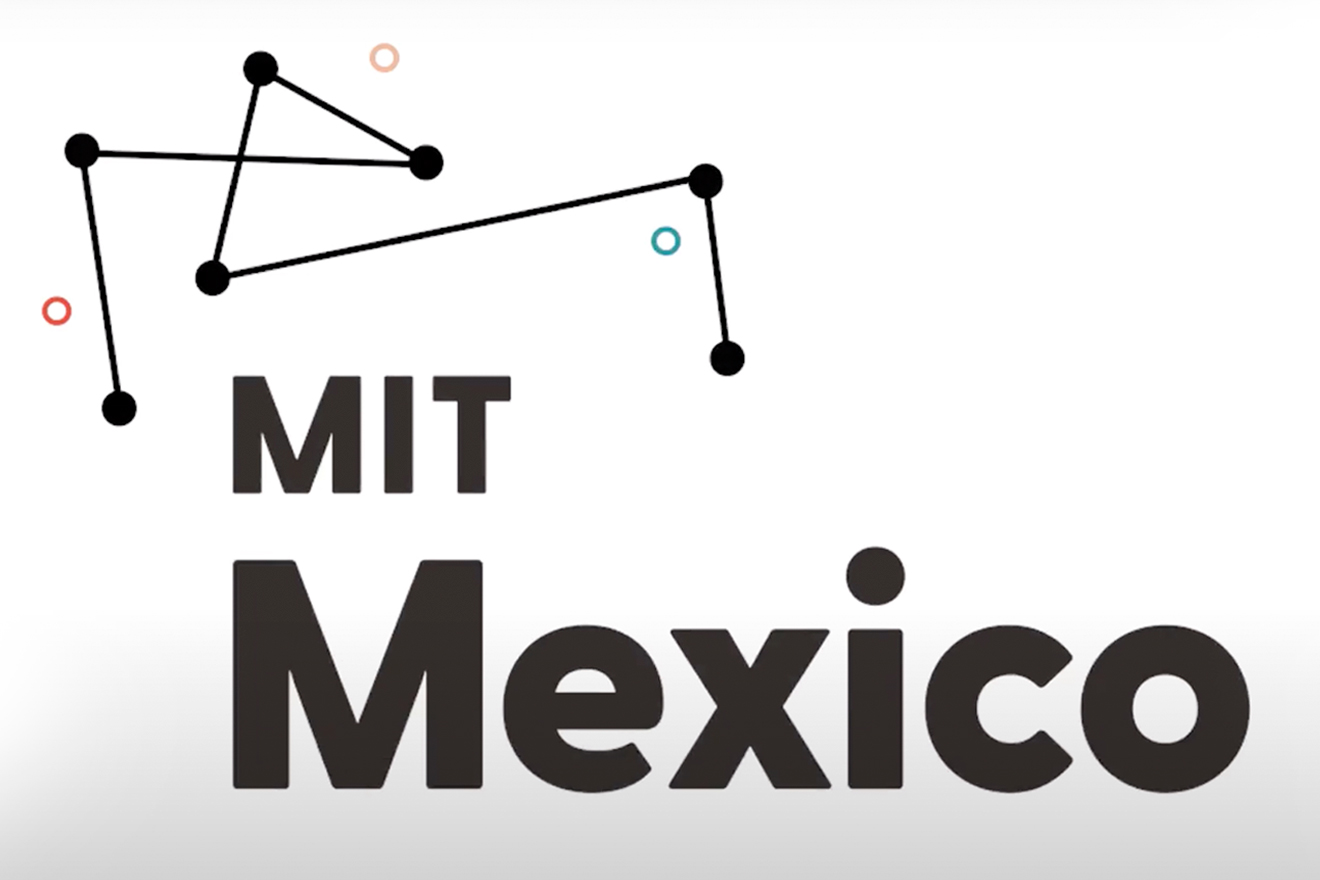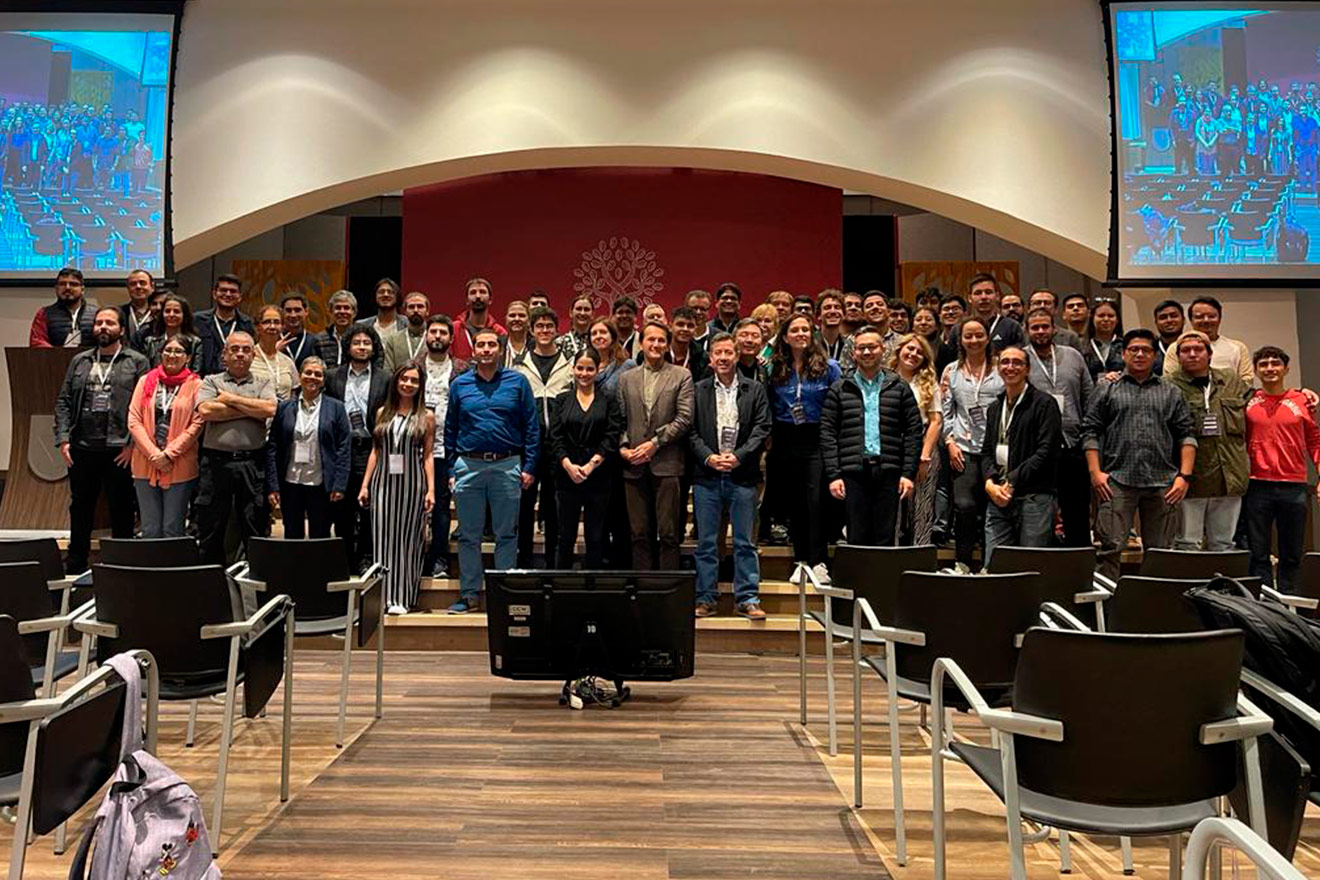Mexico City, August 18, 2022.- In order to measure changes in atmospheric density in low Earth orbit to innovate navigation and tracking science, the team of Colibri Mission team at Universidad Panamericana has completed the design stage of its Pakal nanosatellite. On the eve of the manufacturing phase, the team will implement a fundraising campaign.
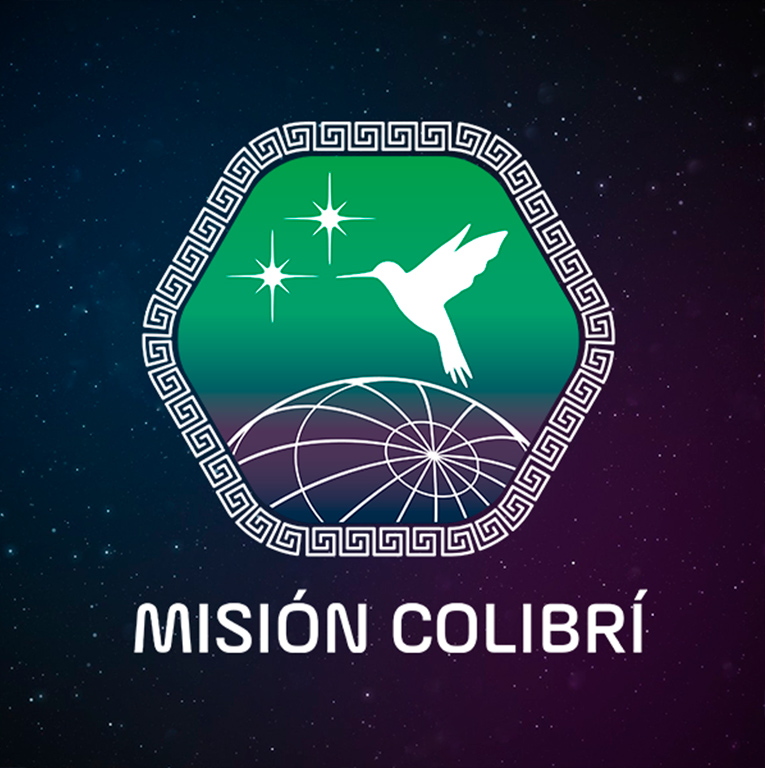
Eduardo Lopez Taymani, Pakal's project manager and a student of our Panamericana's School of Engineering, says that the project has passed the first two technical phases before reviewers from NASA and MIT.
"At the moment, we are overcoming the formulation stage, finishing the final model of Pakal, we are gradually migrating to the implementation or experimentation stage, which would involve moving on to the design and manufacture of the parts, assembly, the development of tests already in physical form and (preparing) its launch," he explains.
To achieve this goal, Eduardo points out that Misión Colibrí needs to fund the Pakal project, thereby building a space laboratory and proceeding with the manufacturing and testing of the nanosatellite.
What is Pakal?
Pakal is a 3-unit cubesat nanosatellite that seeks to test new space technology, in this case, an electric propulsion and experiment (also known as payload) designed by the Colibri Mission team.
With Pakal, the team seeks to innovate the way to obtain atmospheric density measurements in low Earth orbit (400 km high, the same orbit where the International Space Station operates). In addition to studying atmospheric phenomena and contributing to the solution of the space debris problem.
More than 75 students from Universidad Panamericana from its three campuses (Mexico City, Aguascalientes and Guadalajara) are participating in the design of the nanosatellite. It is a multidisciplinary and interdisciplinary team that integrates students and academics from Engineering, Communication, Marketing and Law.
The next reviews will seek approval in 2023 and 2024, these will be the Test Results Review (TRR) and the Flight Readiness Review, where a satellite will be developed in engineering model and will undergo very aggressive environmental, structural, thermal, vacuum and other tests. The plan is to launch Pakal in late 2024, early 2025.
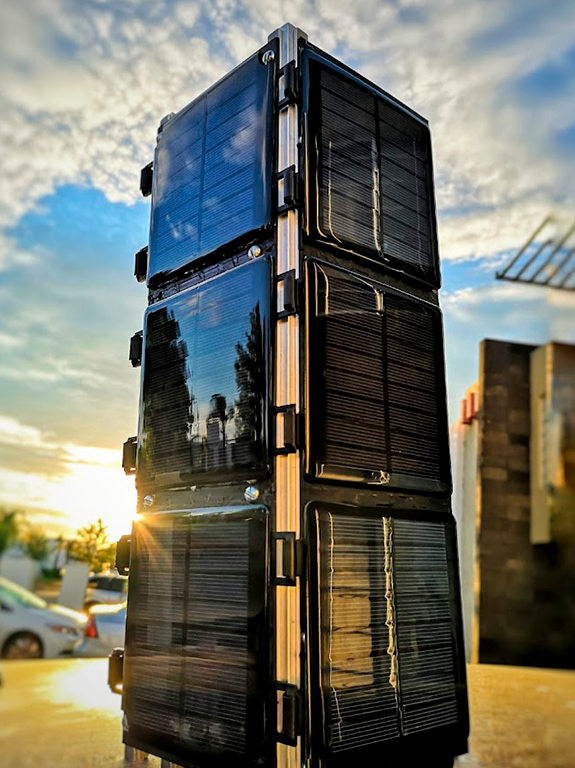
On momentum
To support the manufacture of Pakal, Misión Colibrí will hold an auction organized by PopUP Subastas and Colectivo Espacial Mexicano (space activists since 2010).
For this purpose they have obtained 100 lots of art whose theme is space and will feature works by: Tamayo, Toledo, Macotela, Buenrostro, Filcer, Warhol and NASA, as well as collectibles. The idea is that all space enthusiasts have the opportunity to collaborate in a space mission through art.
This is probably the first space art auction to be held in our country, a fact that makes UP's International Space Week a significant event and an example of work for universities and the Mexican scientific community.
Interested in participating? The appointment is Thursday, October 6, 2022 at 7:00 p.m. at Annex 507 on the Mexico City campus.
The Universidad Panamericana seeks to educate people who work in the construction of a better world, so it supports its university community in the promotion of projects that work in the solution of global problems as does Colibri Mission.
